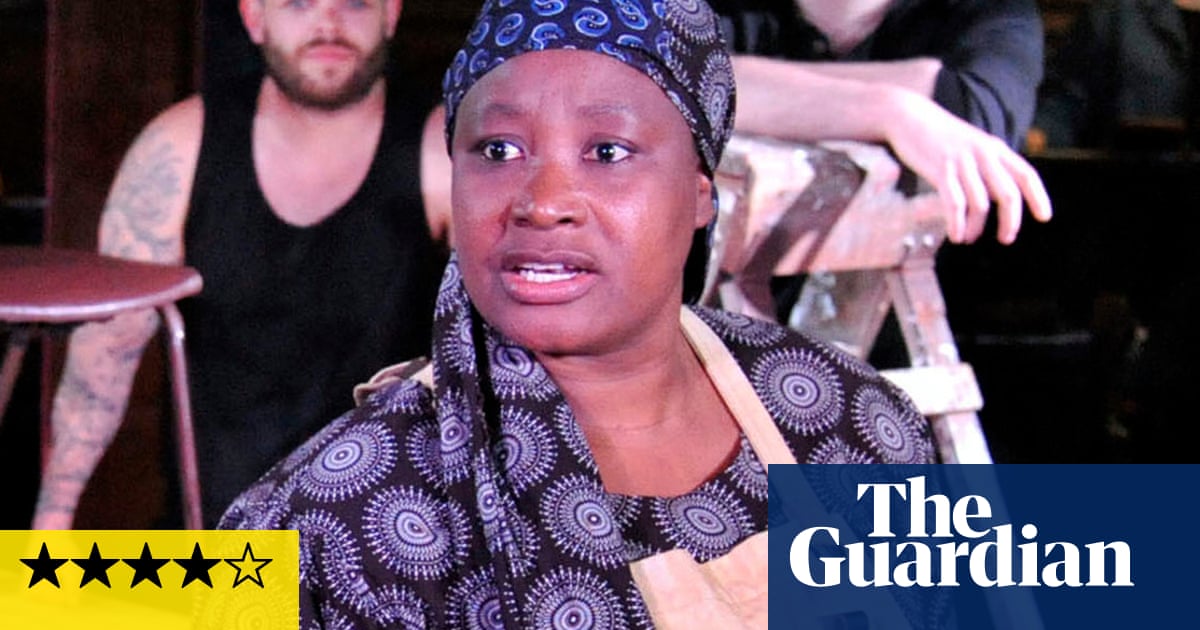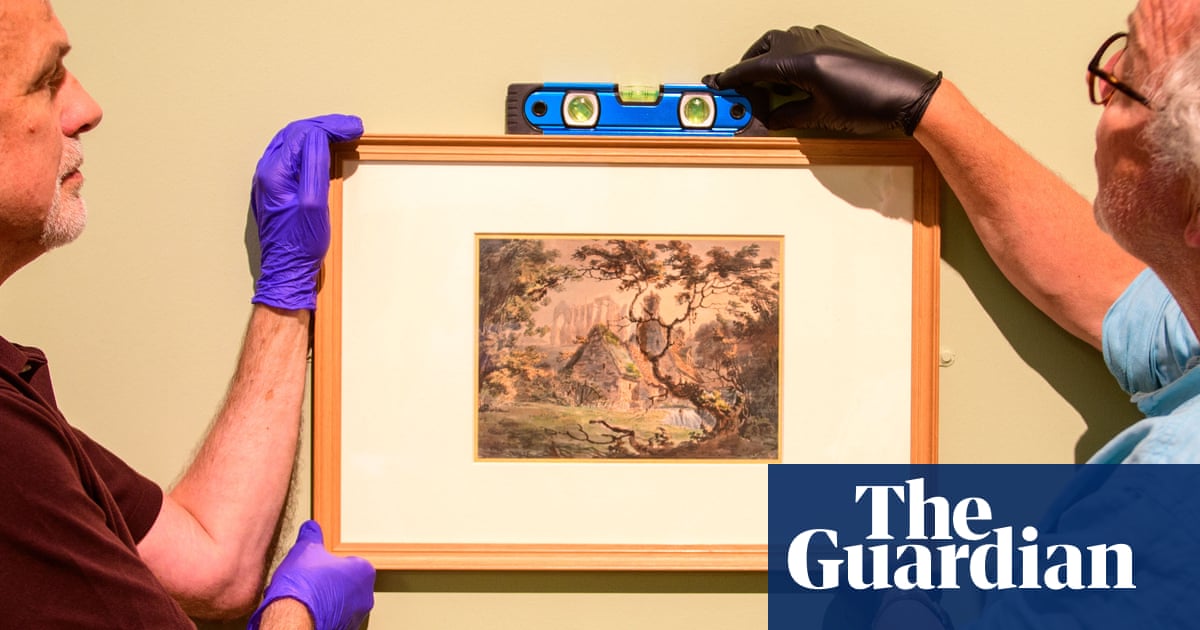Every generation looks at the next generation, and the one after that, with bafflement and concern. There’s probably a name for this phenomenon. That’s not to say we (the olds) aren’t right to be more worried than ever about what they (the young) are up to. There’s a lot for us to be worried about and confused about in equal measure. The TV drama Adolescence got at this. Even having had its emojis and red pills – and emojis of red pills – patiently explained to me, I remain concerned and confused. Mainly confused. It’s all decidedly mysterious – and not in a good, exciting way.
This intergenerational bewilderment seems only to work in one direction: down, rather than up. We flail around trying to make sense of what’s going on with the young. If you are young, this is relevant to you, too, because you will soon be feeling like this about those coming up behind you. What I want to know is what, if anything, baffles the young about the old. Do they get together to express despair and confusion at the conduct of the olds? Is there stroking of chins, scratching and shaking of heads, as they ask: “What’s going on with elderly people today? I can hardly understand a thing they’re saying. I don’t know what’s going to become of them, I’m sure.”
Why is the moral panic only ever about the young? Come on, kids, have a moral panic about us! Did you not see that story about sexually transmitted infections rising fastest in adults aged 65 and over? Think on that, if you can bear to.
I’ve been alarming some gen Z people by asking them what they find alarming about us. What confuses them about our ways? What is it they find unknowable about us, in the same way that we (or perhaps it’s just me) can’t quite work them out? In my family, I don’t feel they find me remotely unknowable. I get the sense they regard me, in the nicest possible way, with affectionate exasperation. To them, I’m basically sweet and a bit simple and therefore rather easy to work out. It’s not that they don’t understand me, rather that, as far as they’re concerned, there’s not a lot to understand. They may be right, I suppose.
Looking for a view from outside the emotionally freighted confines of family, I sought the advice of a twentysomething I know – a trainee lawyer in Birmingham called Amy – and took some delight in the list of things she doesn’t get about us.
For starters, why can’t we work out how to mute ourselves on Teams? Bit specific, that, but it’s a fair point. Why do we feel the need to print everything when digital versions exist? Why are we suspicious of modern tech – apps such as Apple Pay and Monzo – but at the same time believe and share scaremongering posts on Facebook? Why do we romanticise struggle: “We had to walk to school in the snow with no phones,” etc?
The questions come thick and fast. Why do we check weather apps all day, every day? What is it with the undying loyalty to our “usual places”, cafes and so on – “They’ve known me for years here” – as if this gives us some elite title or membership status? Why can’t we change our habits or ways, even though the world is changing around us?
All good points, but they express wry amusement, rather than the contempt we deserve. How dare we bleat about what the modern world is doing to our young when the modern world is of our creation? We’ve all played a part. The young need to be angrier with us, if only to motivate them to try harder to sort things out, so that, when they cock things up as badly as we have, their young won’t rise up and exact vengeance on them.

.png) 1 month ago
27
1 month ago
27

















































